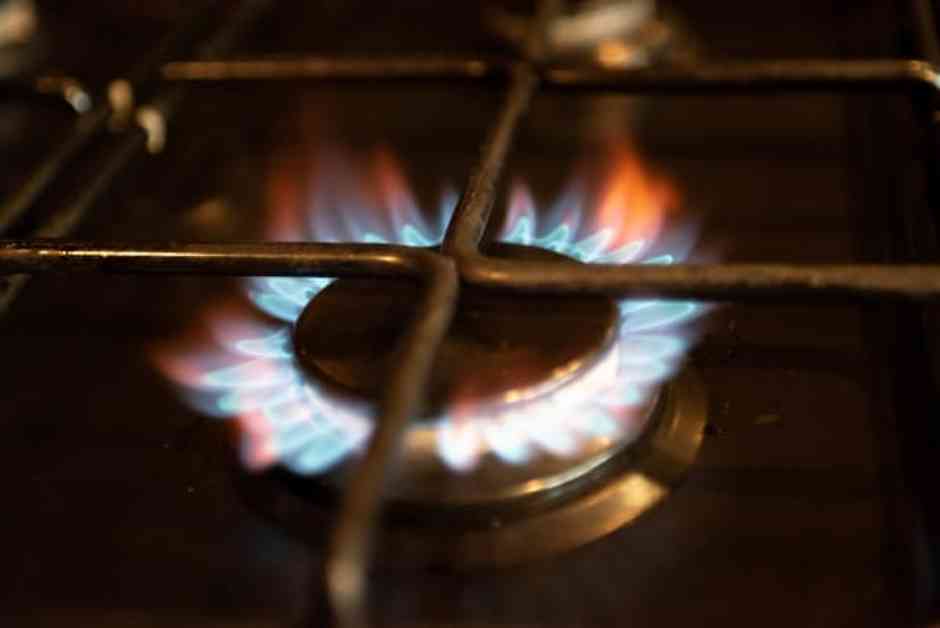Household energy bills are set to drop by 7% starting in July, according to Ofgem. This decrease means that a typical bill will go down by around £129 to £1,720 a year when the new price cap kicks in. Tim Jarvis, who is the director general of markets at Ofgem, expressed his satisfaction with this news for consumers, attributing the reduction to the lower international price of wholesale gas. However, Jarvis emphasized that even with this drop, energy prices still remain high, leading some individuals to struggle with the cost of energy.
Jarvis pointed out that consumers are not obligated to pay the price cap and encouraged them to explore better deals available in the market. He advised consumers to shop around and discuss potential deals with their current suppliers to secure the best possible offer. Additionally, he highlighted the benefits of changing payment methods to either direct debit or smart pay as you go, which could result in savings of up to £136. Looking ahead, Jarvis stressed the importance of establishing an energy system that shields prices from fluctuations in the global gas market, ensuring more stable prices and energy security. Ofgem is collaborating closely with the government to secure the necessary investments to achieve clean power and net zero targets expeditiously.
Citizens Advice chief executive, Clare Moriarty, acknowledged that the drop in energy prices will provide relief for some households burdened by high bills. However, she cautioned against losing perspective, noting that bills will still be 52% higher than pre-energy crisis levels. Moriarty expressed concern for the nearly seven million individuals residing in households struggling to keep up with energy bill payments. She called on the government to offer targeted support for those most affected by the price hikes, particularly families with children. Moriarty also urged for the upgrade of five million homes with energy-saving measures to alleviate financial strain on households.












